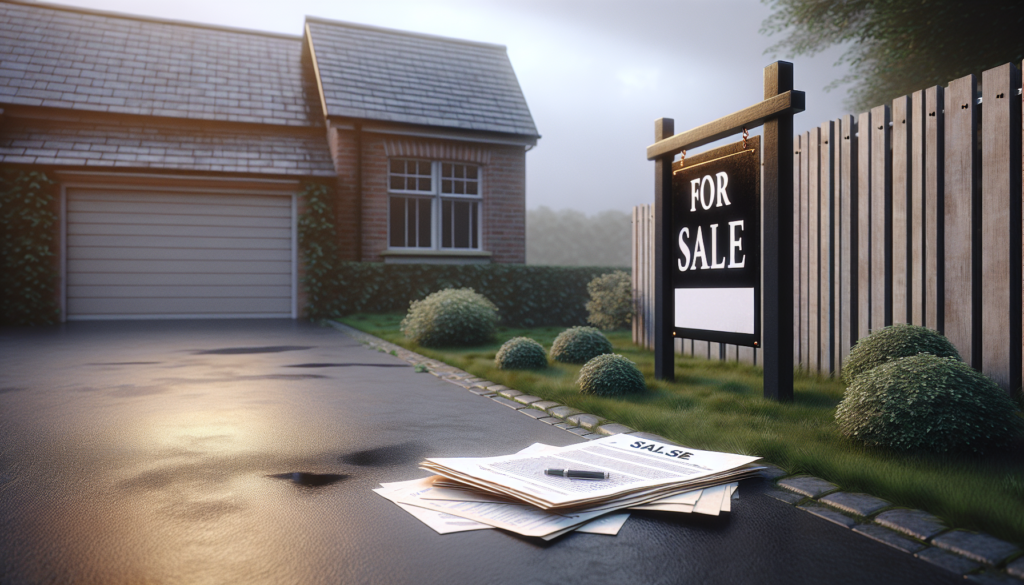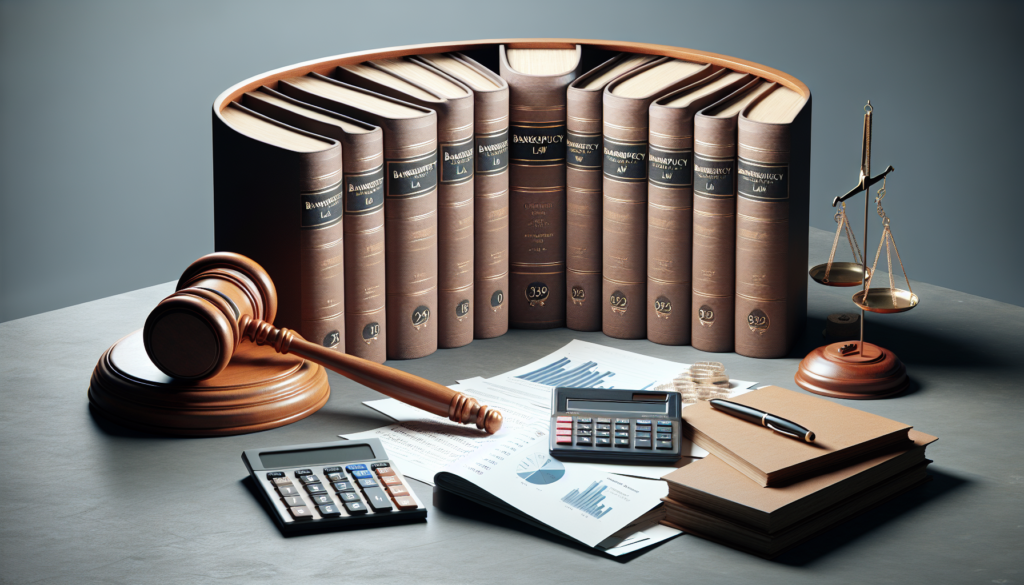When facing financial distress, the threat of foreclosure looms large for homeowners. In such critical times, understanding the relationship between bankruptcy and foreclosure can offer a lifeline, providing a strategic path to safeguard your home while addressing overwhelming debts. This article delves into how navigating the complexities of bankruptcy and foreclosure can offer a beacon of hope for individuals striving to regain their financial footing.
The Basics of Bankruptcy and Foreclosure
Foreclosure is a legal process through which a lender attempts to recover the balance of a loan from a borrower who has stopped making payments by forcing the sale of the asset used as the collateral for the loan. Bankruptcy, on the other hand, is a legal proceeding involving a person or business that is unable to repay their outstanding debts. The process begins with a petition filed by the debtor and results in the debtor being relieved of the debt obligations obtained through the bankruptcy discharge.
How Bankruptcy Can Address Foreclosure
- Automatic Stay: One of the immediate benefits of filing for bankruptcy is the automatic stay. When you file for bankruptcy, an automatic stay immediately stops all collection activities, including foreclosure. This can provide you with valuable time to reorganize your finances without the immediate threat of losing your home.
- Chapter 13 Bankruptcy: Often referred to as a wage earner’s plan, Chapter 13 bankruptcy allows individuals with regular income to develop a plan to repay all or part of their debts. Under Chapter 13, you can propose a repayment plan to make installments to creditors over three to five years. If you’re facing foreclosure, Chapter 13 can allow you to catch up on missed mortgage payments over the life of the repayment plan, potentially allowing you to avoid foreclosure altogether.
- Chapter 7 Bankruptcy: While Chapter 7 bankruptcy, also known as liquidation bankruptcy, can’t provide a way to catch up on missed mortgage payments, it can temporarily stop the foreclosure process. This might provide you with the time needed to find alternative housing or negotiate with the lender. However, it’s important to note that Chapter 7 may ultimately lead to the loss of your home if you cannot catch up on your mortgage.
Strategic Considerations in Bankruptcy and Foreclosure
- Timing is Crucial: The timing of your bankruptcy filing in relation to the foreclosure process can significantly impact your options and outcomes. Consulting with a bankruptcy attorney can help you determine the optimal timing for your filing.
- Exemptions and Assets: Understanding how bankruptcy exemptions apply to your home is crucial. In some cases, your equity in the home may be protected under state or federal exemptions, which could influence your decision to file for bankruptcy and your strategy in doing so.
- Long-Term Impacts: Both bankruptcy and foreclosure can have significant long-term impacts on your credit score. However, bankruptcy can offer a structured path to discharge debts and eventually rebuild your credit, whereas foreclosure can leave a lasting negative mark without addressing your other debt obligations.
Seeking Professional Advice
Navigating the intricacies of bankruptcy and foreclosure requires a nuanced understanding of the law. Seeking the guidance of a bankruptcy attorney can provide you with tailored advice based on your specific situation, helping you make informed decisions that align with your long-term financial goals.
For homeowners grappling with the prospect of foreclosure, understanding the interplay between bankruptcy and foreclosure is essential. Bankruptcy offers legal tools that can either halt or significantly delay the foreclosure process, providing a pathway to financial stability. By carefully considering your options and seeking professional advice, you can make strategic decisions that not only address immediate financial challenges but also set the foundation for a more secure financial future.




Get a Free Bankruptcy Case Evaluation